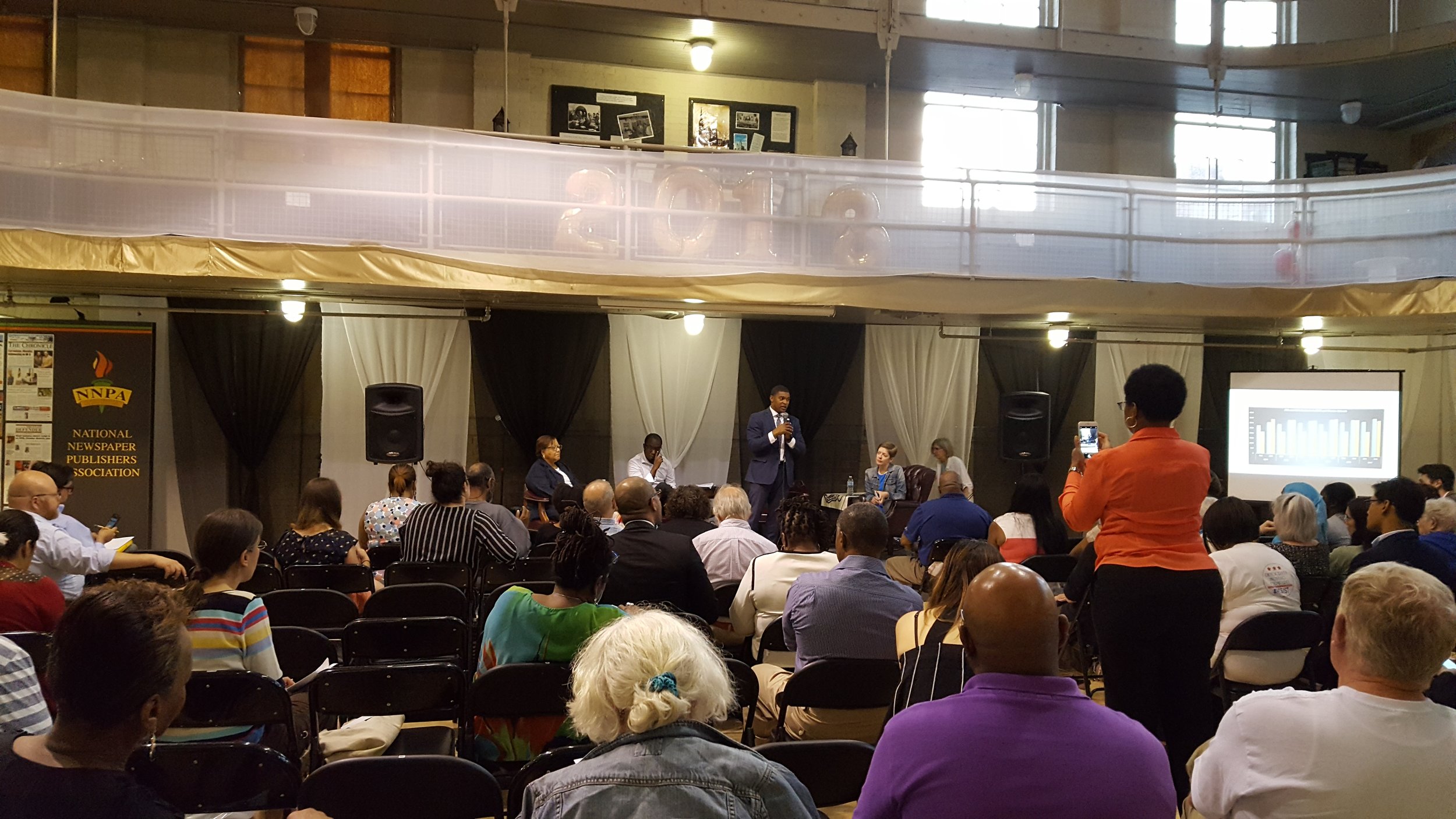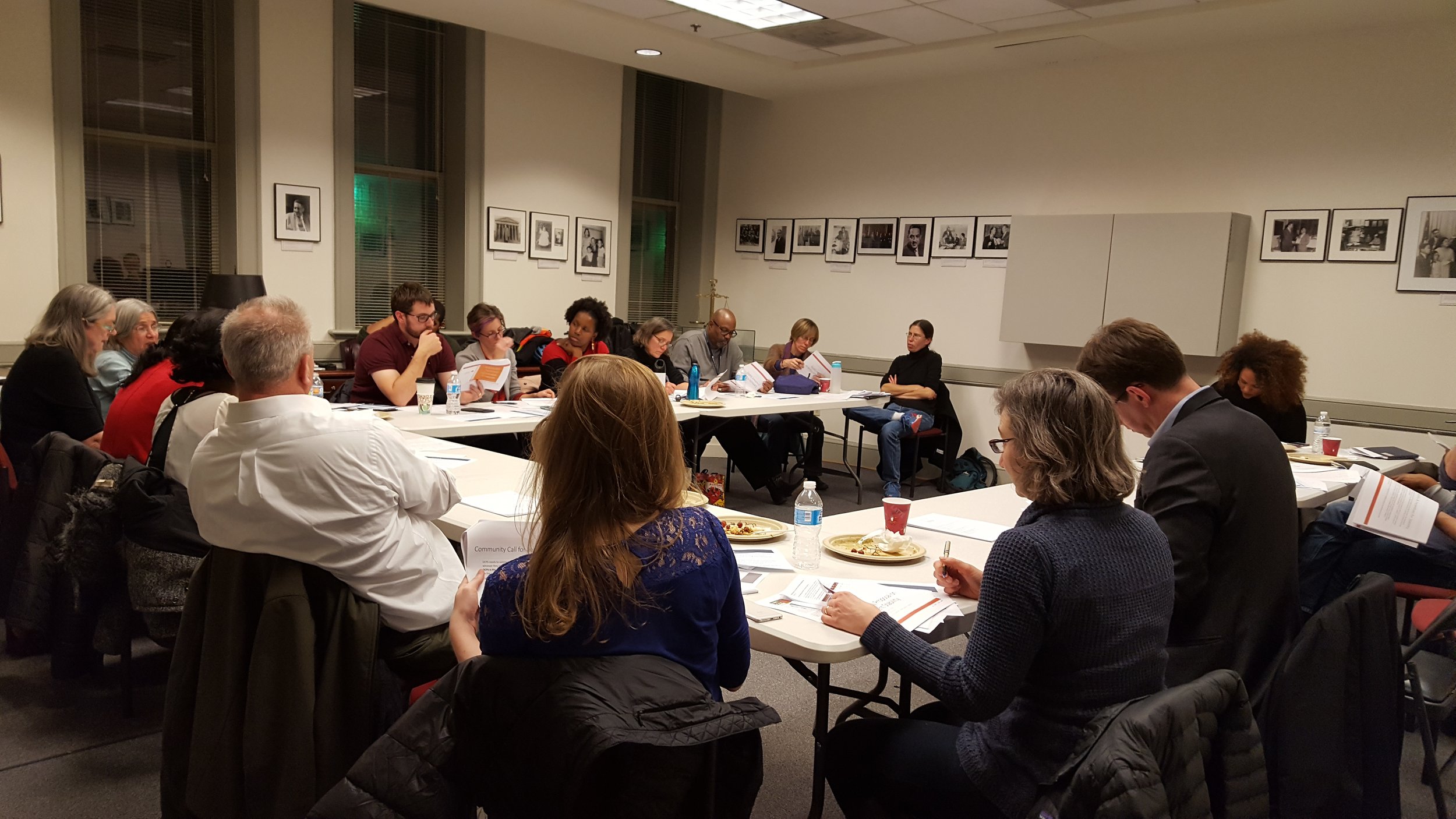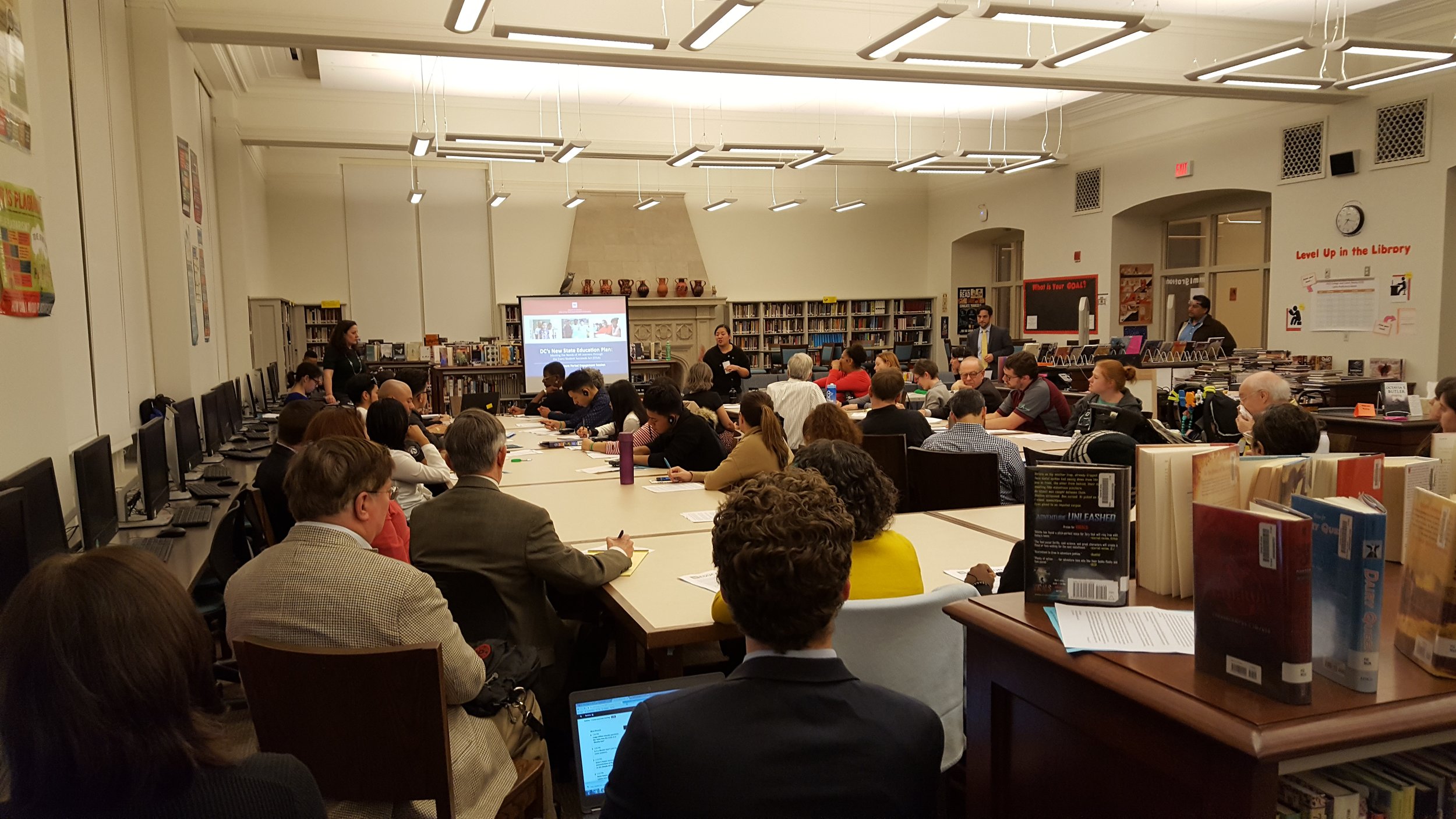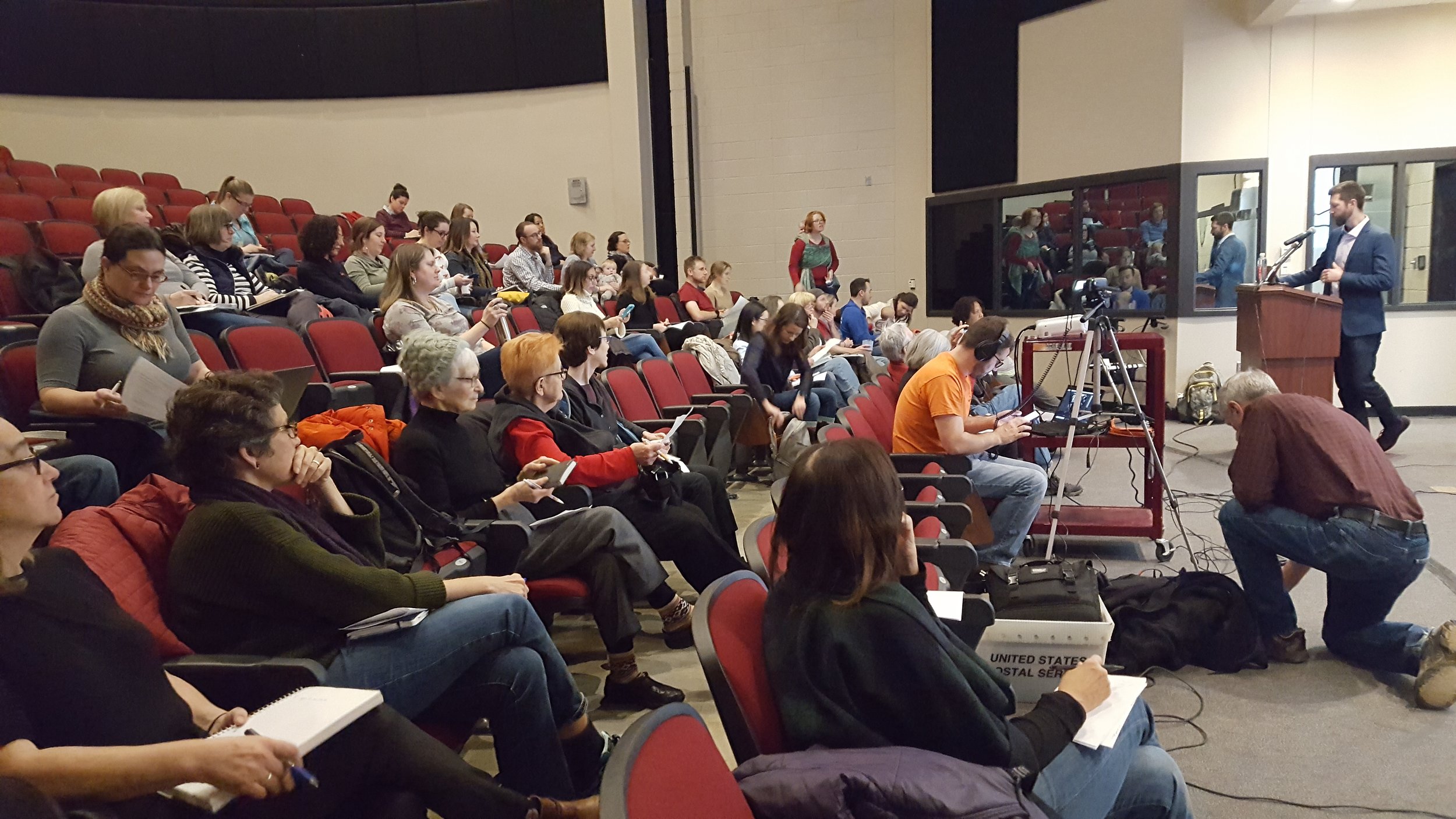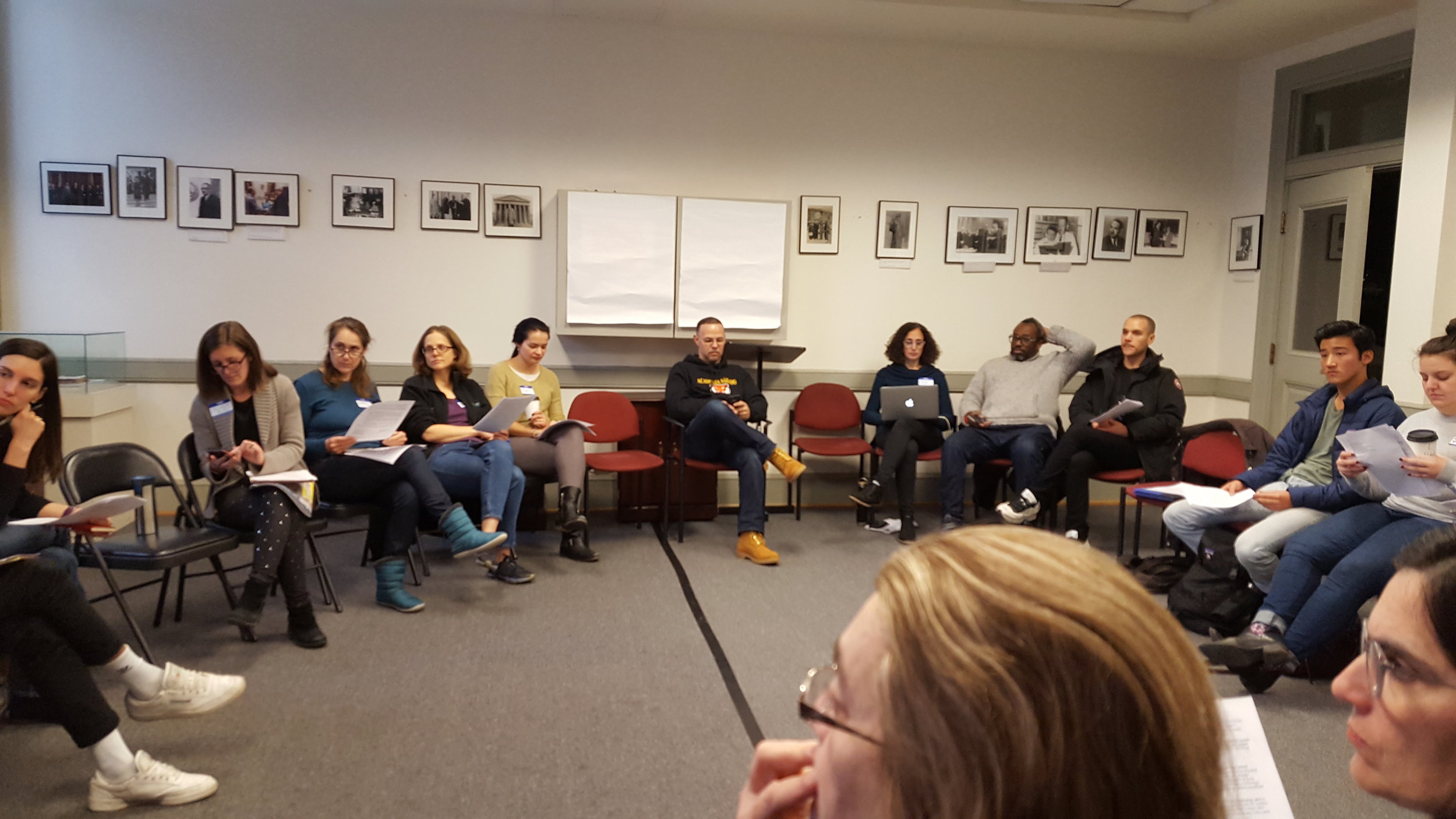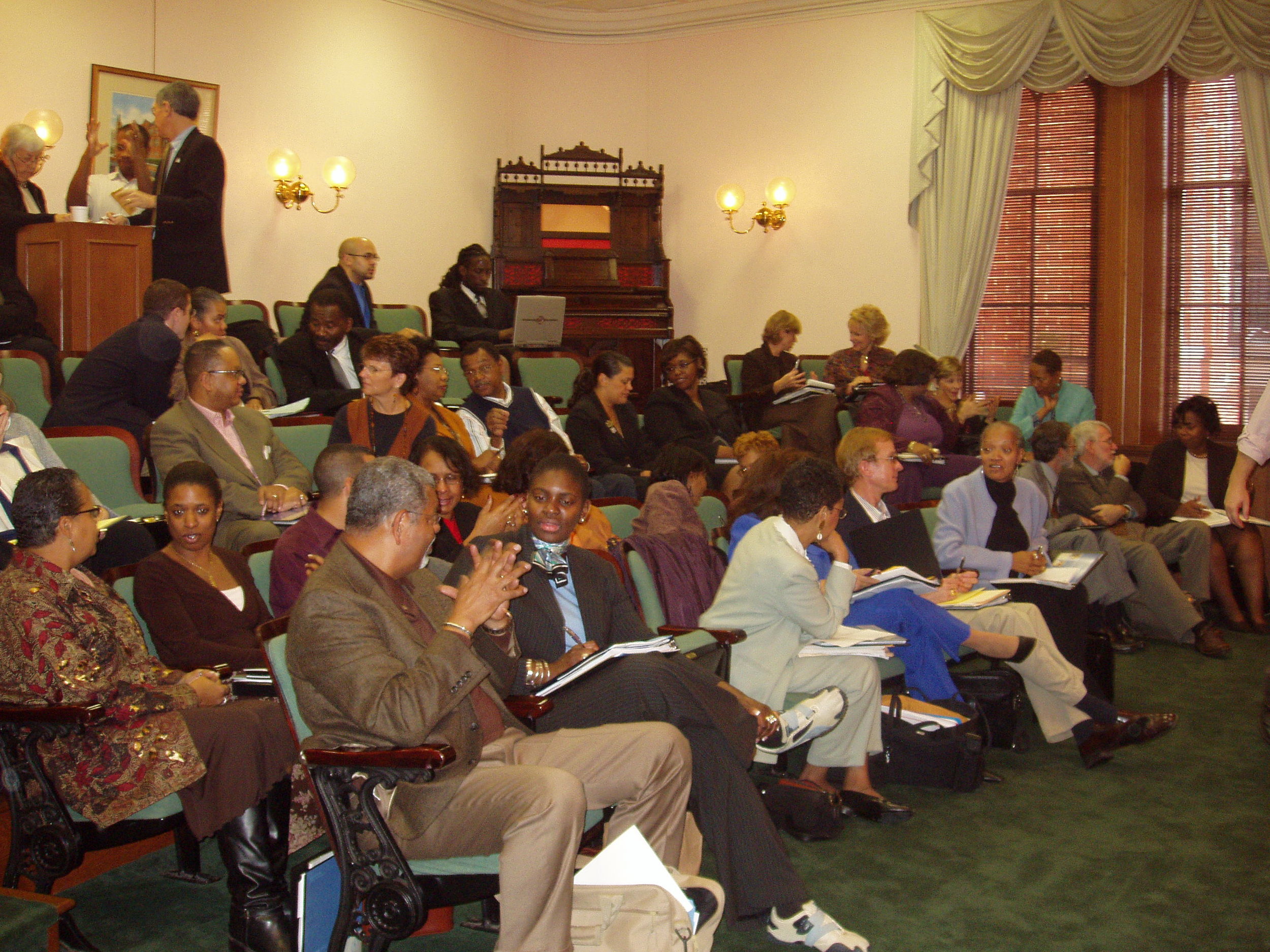Mary Levy DCPS Council Budget Testimony
/TESTIMONY BEFORE THE COMMITTEE OF THE WHOLE
DISTRICT OF COLUMBIA COUNCIL
Budget Oversight Hearing: DC Education Agencies
Mary Levy April 17, 2024
I have studied and analyzed DCPS budgets and policies for almost 45 years, starting when our children were DCPS elementary students. For many years, including last year and this, schools’ budgets have been unstable, inequitable, and inadequate for what is expected of schools. Unfortunately, although the FY 2025 budgets are somewhat more equitable than in the past, nothing else has changed.
First, the biggest problem for the local schools now is loss of staff. This is largely DCPS’ doing. Of 117 schools, almost two-thirds—73-- are losing a net total of 412 positions.[1] Half of them—37—have enrollment increases. That other schools added positions bringing the net systemwide total to about 200 means nothing to them and their students. That number is meaningless.
Second, DCPS has once again ignored the Schools First in Budgeting Act, which would have greatly alleviated these staff losses. Despite the Council’s central office FTE cuts last year to bring the budgets into compliance, the bureaucracy this year is bigger than ever: 869 FTEs now actually on the payroll who do not provide direct services to students in schools or otherwise.[2]
Some are funded with disappearing Covid funds, and some of these may be eliminated, but the city’s Chief Financial Officer leaves Covid and most other federal funds out of the DCPS budget, thereby making the numbers unknown.[3] Neither DCPS nor the Proposed Budget includes most of the federal funds in central office accounts. The Council really ought to do something about the complete lack of accountability for tens of millions of dollars.
Details on position losses: there are 12 schools that have lost 10 or more positions. Most, though not all, have some enrollment loss but not nearly enough to justify that many cuts. Anacostia High School in Ward 8 is losing 9 students but 11 positions. Another 23 schools have lost between 5 and 10 positions. Nine of these have fewer than 300 students, and another six have between 300 and 400. Those are big losses for schools that size.
The greatest numbers and percentages of position loss by ward are in Wards 3 and 8, in both of which almost every school lost positions. Many Ward 3 schools were given one-time local funds this year and are going over a fiscal cliff for next year. Many Ward 8 schools had enrollment losses, but the number of positions cut is grossly disproportionate to enrollment losses
The biggest losses are also in schools with 80% or more of their students classified as at-risk:
Some unknown number of school positions are vacant but some of these are positions that DCPS requires schools to retain, such as psychologists. Some are optional positions elimination of which is problematic With truancy at crisis levels, nine schools eliminated attendance counselors. Assistant principals, instructional coaches and TLI teachers are optional, but DCPS requires the existence of some mix of them as “team leaders” in the in-school professional development LEAP program. In any event, the existence of vacant budgeted positions means that students have been deprived of services to which this year’s budget entitles them.
The biggest reason for cuts is that although the Mayor is raising the DCPS budget by 12.4%, enough to cover negotiated pay increases, which run only through 2024, but DCPS has charged schools 16.1% more for teachers for FY 2025. That’s almost one-third more.
Why 16.1% instead of 12.4%? It looks like DCPS is overcharging the schools. Most of the difference lies in the assumption of a higher average teacher salary. In this year’s current payroll the average is $104,488, but DCPS assumes that next year it will go up to $107,995. Likewise, DCPS is charging schools 17-18% more for principals, assistant principals, deans, and higher level office staff, while negotiated salaries for the Council of School Officers (CSO) through 2024 are up by 13%. But there are no salary increases in next year’s budget. No matter how fast the parties negotiate new contracts, salaries cannot increase in time to be included in the budget.
A lesser reason for the gaps is that DCPS charges schools per position for a list of central office accounts, functions that are later pulled out of school budgets and moved into the School Wide category in the city’s budget. That charge is almost $1600 more per teacher next year, including new charges of $1075 per teacher for recruitment & other bonuses.
Likewise the charge for central office accounts for employees in the CSO bargaining unit went up by $2,602, most of which was for another new charge, extra-duty stipends for principals and assistant principals. Given that these are 12-month employees, this seems surprising; what are these new duties? Are all of these new charges existing accounts being moved from central into school budgets?
Third, the law governing at-risk funds requires that they be used to supplement, not supplant resources that serve all students including those not at risk. DCPS has diverted at-risk funds for years to make up for underfunding general education. Budget data posted on the DCPS website show at-risk funds being used to cover general education teachers, assistant principals, office staff and others covered by regular funds at other schools. This is standard supplanting rather than supplementing regular funds.
I have not yet had time to determine exactly how much at-risk money will not be spent on extra resources to improve the achievement of at-risk students next year. The analysis requires looking at each school to determine whether a first grade teacher or an English teacher, for example, allows for smaller classes or is merely part of the standard basic program. But how do office staff and custodians provide extra services to at-risk students? Given that the achievement of at-risk students as a group is still sadly lagging compared with that of other students, the diversion of at-risk funds is not only illegal but inequitable.
Finally, the Mayor’s Proposed Budget Support Act would repeal the Schools First in Budgeting Act. In starting with the prior year’s school budgets, the Act does perpetuate inequities that DCPS has built into those budgets over years, but those inequities pale in comparison with the effects of the loss of 410 positions in 73 schools. Improving the Act to bring about great equity will have to wait until next year but it is important that the Council reject the Mayor’s proposed repeal.
I cannot say by tomorrow’s deadline with any certainty how much the Council would have to move from central offices to bring the school budgets into compliance with Schools First in Budgeting. However, it would be limited by the multiplier, the WTU’s 12.5% salary increase, not the 16.1% used by DCPS in budget allocations.
The Schools First in Budgeting Act, if enforced, will make a big difference in stability. Otherwise, the allocations now presented will lower the baseline for dozens of schools, in ways that will haunt them for years to come. The Council should stay with it.
[1] Position numbers here are based on comparing positions in DCPS posted spreadsheets for the FY 2024 Amended Budgets and the FY 2025 Submitted Budgets. Total positions for each school do not quite match numbers in the city budget due to (1) the former including and the latter omitting all Title I funded positions, and (2) the latter assuming 0.74 FTE for all aides while the former treats them as 1 FTE. Like teachers, aides work full time for 10 months.
[2] Based on a PeopleSoft spreadsheet from February 28, 2024, which, unlike the city budget, includes all federally funded employees, even those funded by ESSER.
[3] The employees show up in PeopleSoft as locally funded and are later switched to the federal funds. In the city’s budget the use of most federal funds is unavailable not only in DCPS’ budget but in that of the Office of the State Superintendent, the agency through which the money is passed to DCPS, which determines how it is spent.
